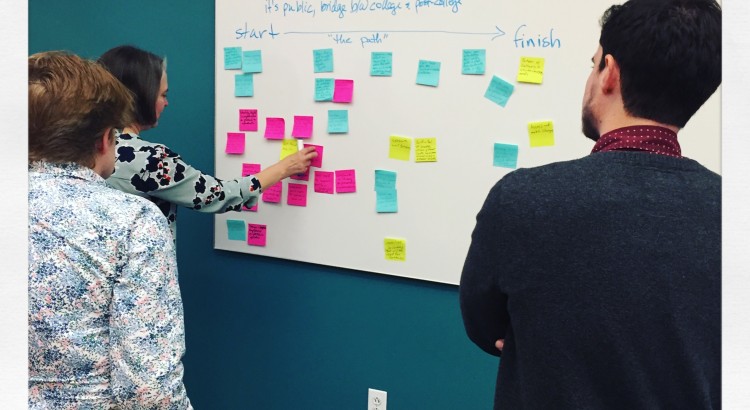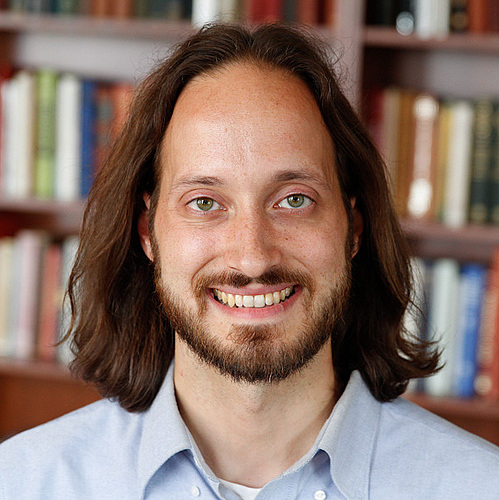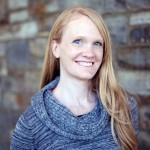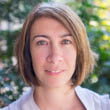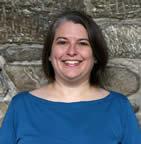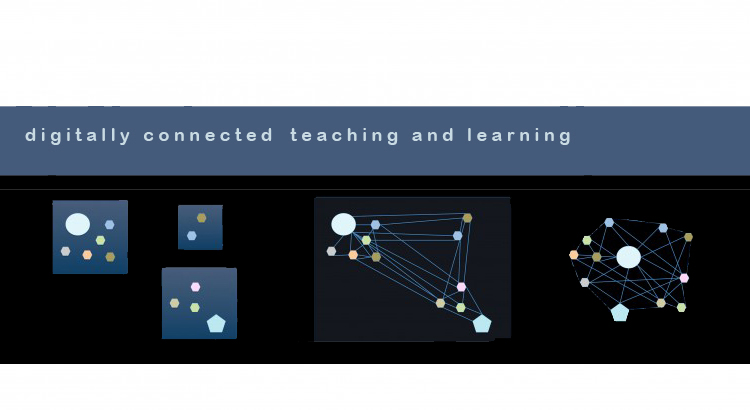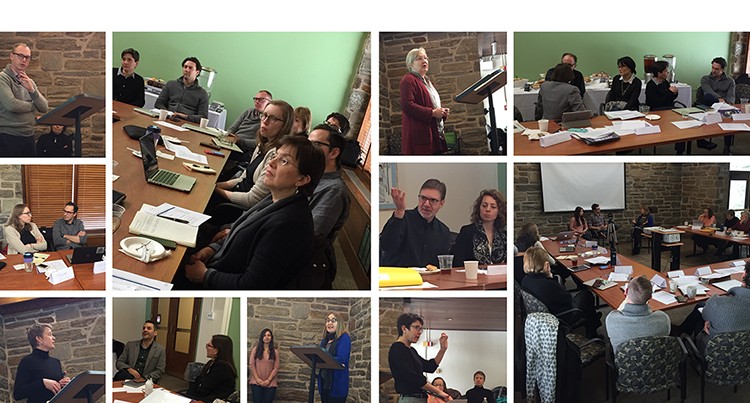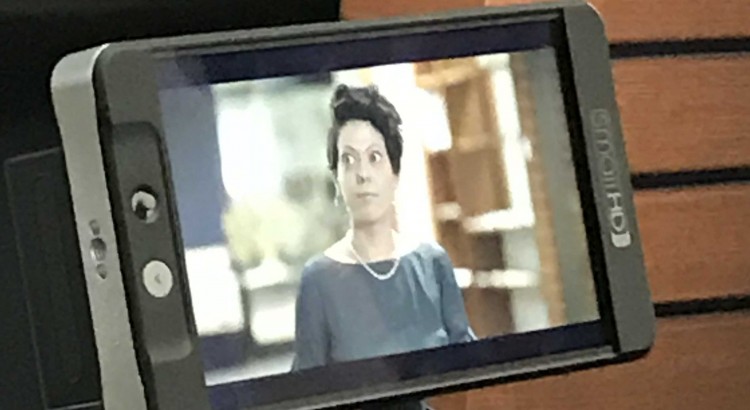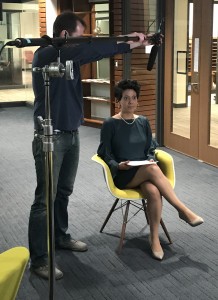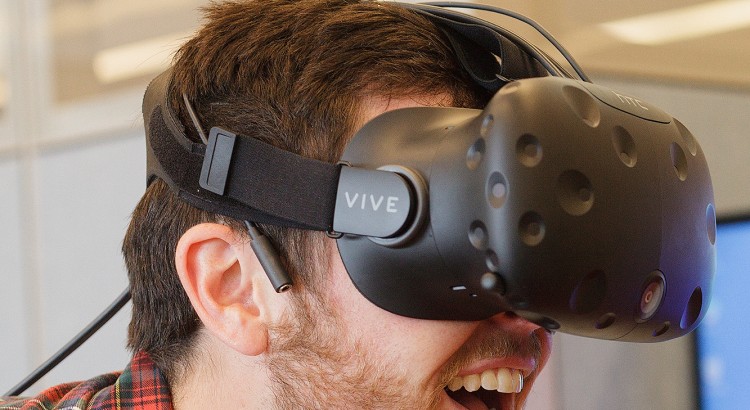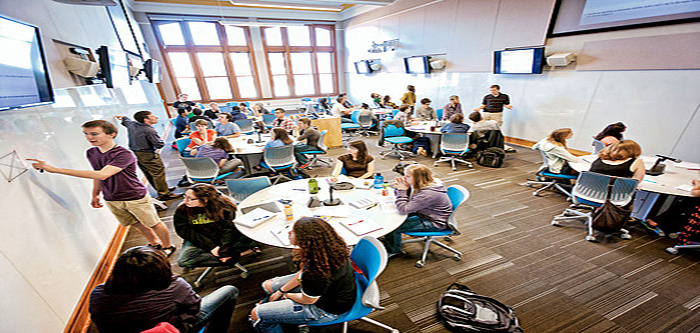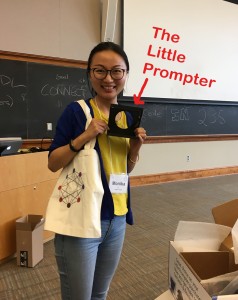
Congratulations to our three LACOL 2018 contest winners!
🎉 Prof. Deborah Gross, Carleton College
🎉 Prof. Stephen Strand, Carleton College
🎉 Prof. Jingchen Hu, Vassar College
Amazingly, all three contestants tied for 1st place in the initial round of voting. Upon further deliberation, Profs. Gross and Strand graciously awarded the grand prize – The Little Prompter – to Prof. Hu.
Many thanks to Dann Hurlbert, Carleton’s Media and Design Specialist and inventor of The Little Prompter for sharing his expertise and fantastic gadgetry with the workshop.
And, thanks to *everyone* who took part in the contest. Your creativity and good humor was remarkable. All entries will be be shared with LACOL’s advisory councils. Stay tuned for further results of this intriguing deliberation.
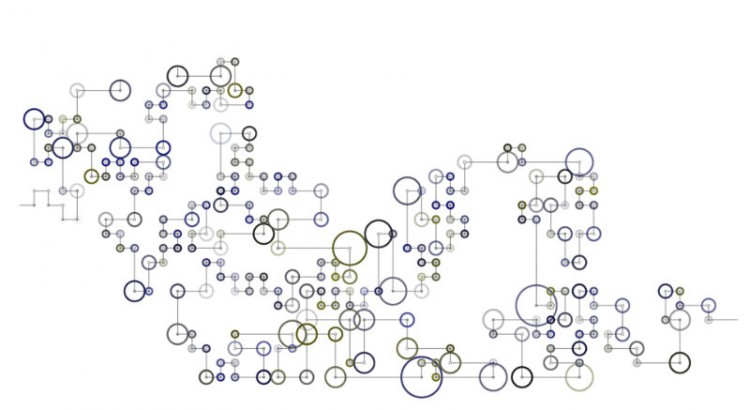
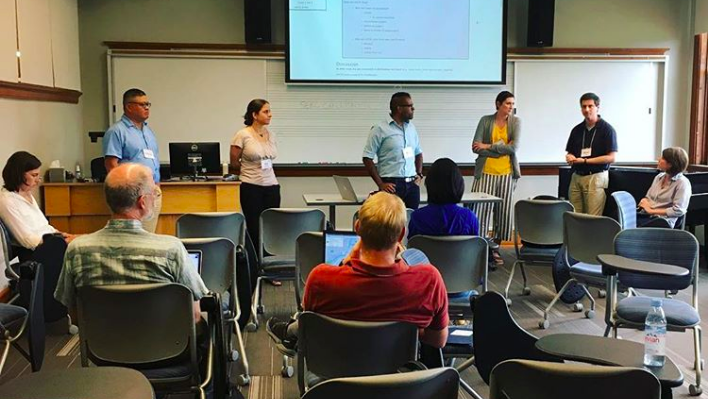
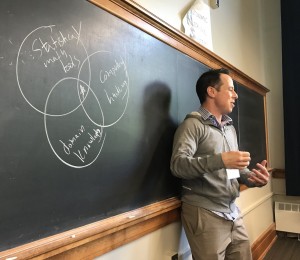 The intersection between Data Science and Environmental Studies is emerging as an area of focus for LACOL as we explore opportunities for collaboration around digitally engaged modes of teaching and learning for the liberal arts.
The intersection between Data Science and Environmental Studies is emerging as an area of focus for LACOL as we explore opportunities for collaboration around digitally engaged modes of teaching and learning for the liberal arts.